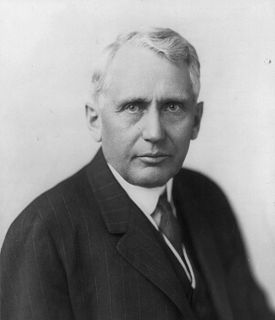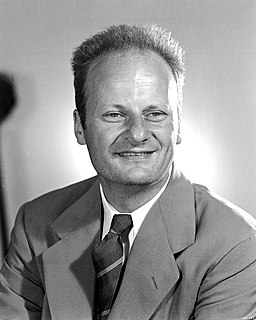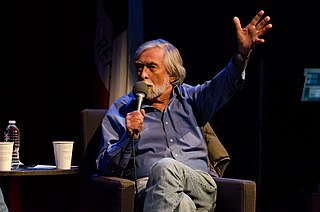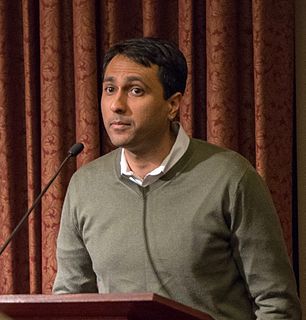A Quote by Pope John Paul II
With the persistence of tensions and conflicts in various parts of the world, the international community must never forget what happened at Hiroshima and Nagasaki, as a warning and in incentive to develop truly effective and peaceful means of settling tensions and disputes. Fifty years after the Second World War, the leaders of nations cannot become complacent but rather should renew their commitment to disarmament and to the banishment of all nuclear weapons.
Quote Topics
After
Banishment
Become
Cannot
Commitment
Community
Complacent
Conflicts
Develop
Disarmament
Disputes
Effective
Fifty
Forget
Happened
Hiroshima
Hiroshima And Nagasaki
Incentive
International
International Community
Leaders
Means
Must
Nagasaki
National Community
Nations
Never
Never Forget
Nuclear
Nuclear Weapons
Parts
Peaceful
Persistence
Rather
Renew
Second
Second World War
Settling
Should
Truly
Various
War
Warning
Weapons
World
World War
Years
Related Quotes
Iran's goal is not to become another North Korea - a nuclear weapons possessor but a pariah in the international community - but rather Brazil or Japan, a technological powerhouse with the capacity to develop nuclear weapons if the political winds were to shift, while remaining a nonnuclear weapons state.
Today we are rightly in an era of disarmament and dismantlement of nuclear weapons. But in some countries nuclear weapons development still continues. Whether and when the various Nations of the World can agree to stop this is uncertain. But individual scientists can still influence this process by withholding their skills.
In view of the fact that in any future world war nuclear weapons will certainly be employed, and that such weapons threaten the continued existence of mankind, we urge the governments of the world to realize, and to acknowledge publicly, that their purpose cannot be furthered by a world war, and we urge them, consequently, to find peaceful means for the settlement of all matters of dispute between them.
I think that we live in a remarkably networked world. The problem with that, of course, is that tensions can travel in nanoseconds across the Internet, and so the tensions between Shiites and Sunnis in Baghdad, or between Protestants and Catholics in Belfast - those show up in different parts of the world.
The Iranian issue I don't think has much to do with nuclear weapons frankly. Nobody is saying Iran should have nuclear weapons nor should anybody else. But the point in the Middle East, as distinct from North Korea, is that this is center of the world's energy resources. Originally the British and secondarily the French had dominated it, but after the Second World War, it's been a U.S. preserve. That's been an axiom of U.S. foreign policy, that it must control Middle East energy resources.
We have been led to believe that we have come a long way toward world nuclear disarmament. But that is not the case. Our government is not doing all that it could. We must urge our leaders to fulfill the obligations of the Nuclear Non-Proliferation Treaty. The United States must assume world leadership to end once and for all the threat of nuclear war. It is our moral responsibility.
We [with Shindzo Abe] should understand that the results of that terrible tragedy of the 20th century, namely World War II, are enshrined in corresponding international documents, and finding a way to settle all disputes without destroying the entire foundation of international law that evolved as a result of World War II is a highly delicate task. Therefore, I would like to reiterate that we cannot second-guess the course, let alone the outcome of our negotiations.








































